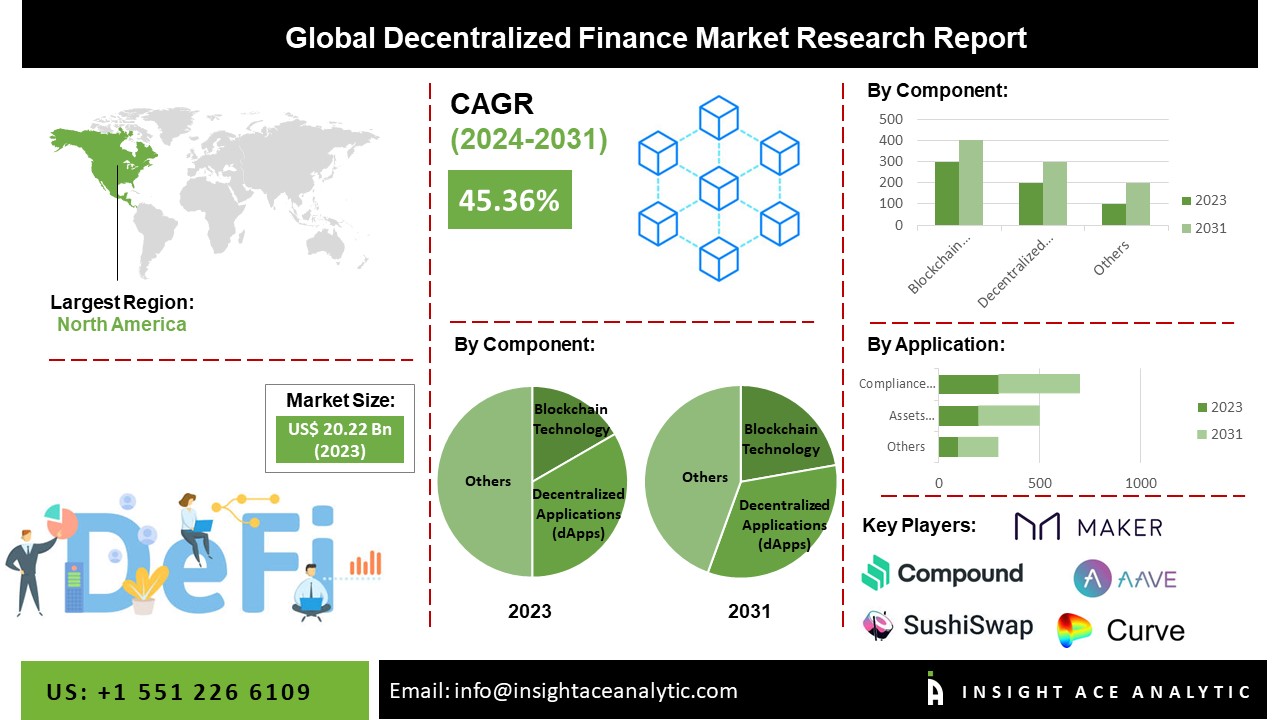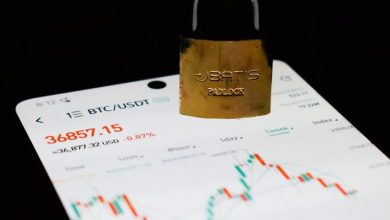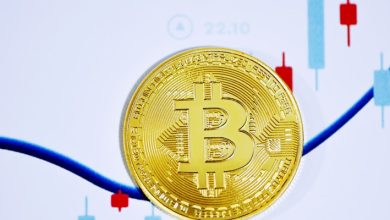The Growth of DeFi: Risks and Rewards

- Understanding DeFi and its rapid expansion
- Exploring the potential risks associated with DeFi
- The rewards of participating in the DeFi ecosystem
- Regulatory challenges facing the growth of DeFi
- Security concerns in the world of decentralized finance
- How to navigate the complexities of DeFi investments
Understanding DeFi and its rapid expansion
Decentralized Finance, or DeFi, has been rapidly expanding in recent years, revolutionizing the traditional financial system. DeFi refers to a system where financial products and services are built on blockchain technology, allowing for peer-to-peer transactions without the need for intermediaries.
One of the key advantages of DeFi is its accessibility – anyone with an internet connection can participate in DeFi platforms and access a wide range of financial services. This inclusivity has led to a surge in popularity, with more users turning to DeFi for borrowing, lending, trading, and more.
However, with this rapid growth comes risks. DeFi platforms are still relatively new and can be vulnerable to hacks and security breaches. Smart contracts, which are used to automate transactions on the blockchain, are not foolproof and can be exploited by malicious actors.
Despite these risks, the potential rewards of DeFi are significant. Users can earn high yields on their investments, access a diverse range of financial products, and participate in a more transparent and decentralized financial system. As DeFi continues to evolve and mature, it is essential for users to educate themselves on the risks and rewards of this innovative technology.
Exploring the potential risks associated with DeFi
When it comes to DeFi, there are certainly many potential risks that investors should be aware of. One of the main risks associated with DeFi is smart contract vulnerabilities. Smart contracts are the backbone of DeFi platforms, and if there are any bugs or vulnerabilities in the code, it can lead to significant financial losses for users. Another risk is the lack of regulation in the DeFi space, which can make it difficult to hold bad actors accountable for their actions.
Furthermore, there is also the risk of impermanent loss when providing liquidity to decentralized exchanges. Impermanent loss occurs when the price of the assets you have provided liquidity for changes, resulting in a loss compared to holding the assets. Additionally, there is the risk of hacks and security breaches in DeFi platforms, as they are often targeted by hackers due to the large amounts of money involved.
It is important for investors to thoroughly research and understand the risks associated with DeFi before getting involved. By being aware of these risks and taking necessary precautions, investors can better protect their investments in the rapidly growing DeFi space.
The rewards of participating in the DeFi ecosystem
Participating in the DeFi ecosystem can offer a variety of rewards for users willing to take on the associated risks. One of the key benefits of engaging in DeFi is the potential for high returns on investments. By participating in decentralized finance protocols, users can earn interest, fees, and other rewards that can outperform traditional financial products.
Another advantage of DeFi is the opportunity for greater financial inclusion. DeFi platforms are accessible to anyone with an internet connection, allowing individuals who may not have access to traditional banking services to participate in the global financial system.
Furthermore, DeFi offers users greater control over their assets. By interacting with smart contracts on blockchain networks, users can manage their funds without the need for intermediaries such as banks or brokers. This level of autonomy can provide a sense of security and empowerment for individuals looking to take control of their financial future.
Regulatory challenges facing the growth of DeFi
One of the major challenges facing the growth of DeFi is the regulatory uncertainty surrounding this emerging sector. Regulators around the world are still trying to catch up with the rapid pace of innovation in decentralized finance, leading to a lack of clear guidelines and regulations. This uncertainty can create barriers for DeFi projects looking to expand and attract investment.
Without clear regulatory frameworks in place, DeFi platforms may struggle to comply with existing laws and regulations, putting them at risk of facing legal action. This uncertainty can also deter traditional financial institutions from participating in the DeFi space, limiting its growth potential.
Furthermore, the decentralized nature of DeFi platforms makes it challenging for regulators to enforce compliance and monitor activities effectively. This lack of oversight can leave investors vulnerable to fraud and other malicious activities, undermining trust in the DeFi ecosystem.
As the DeFi sector continues to grow and attract more attention from regulators, finding a balance between innovation and regulation will be crucial for its long-term success. Collaborative efforts between industry stakeholders and regulators will be essential in addressing these regulatory challenges and fostering a more secure and sustainable DeFi ecosystem.
Security concerns in the world of decentralized finance
Security concerns are a significant issue in the world of decentralized finance (DeFi). As the DeFi space continues to grow rapidly, so do the risks associated with it. One of the main concerns is the vulnerability of smart contracts to hacking and exploitation. Smart contracts are self-executing contracts with the terms of the agreement directly written into code. While this technology offers many benefits, it also opens up the possibility of bugs or vulnerabilities that can be exploited by malicious actors.
Another security concern in DeFi is the risk of decentralized exchanges (DEXs) being hacked. DEXs allow users to trade cryptocurrencies directly with one another without the need for a centralized intermediary. However, this lack of centralization also means that there is no single point of control to prevent hacks or attacks. This makes DEXs a prime target for hackers looking to exploit vulnerabilities in the system.
Furthermore, the anonymity of DeFi transactions can also pose security risks. While anonymity is a key feature of DeFi, it can also be exploited by bad actors for illicit activities such as money laundering or terrorist financing. Regulators are increasingly concerned about the potential for DeFi platforms to be used for illegal purposes, which could lead to increased scrutiny and regulation in the future.
How to navigate the complexities of DeFi investments
Investing in DeFi can be a lucrative opportunity, but it also comes with its fair share of complexities and risks. To navigate these challenges successfully, it is essential to approach DeFi investments with caution and a thorough understanding of the market. Here are some strategies to help you navigate the complexities of DeFi investments:
- **Diversify your portfolio:** Spread your investments across different DeFi projects to minimize risk and maximize potential returns. By diversifying, you can protect yourself from the failure of any single project.
- **Do your research:** Before investing in any DeFi project, make sure to conduct thorough research. Look into the project’s team, technology, and community to assess its credibility and potential for success.
- **Stay informed:** The DeFi space is constantly evolving, with new projects and trends emerging regularly. Stay up to date with the latest developments in the market to make informed investment decisions.
- **Manage your risk:** Set clear investment goals and risk management strategies to protect your capital. Consider factors such as volatility, liquidity, and security when making investment decisions.
- **Seek professional advice:** If you are new to DeFi investments or unsure about a particular project, consider seeking advice from a financial advisor or investment professional. They can provide valuable insights and help you make informed decisions.
By following these strategies and staying vigilant, you can navigate the complexities of DeFi investments and position yourself for success in this rapidly growing market. Remember to always proceed with caution and conduct thorough due diligence before making any investment decisions in the DeFi space.





